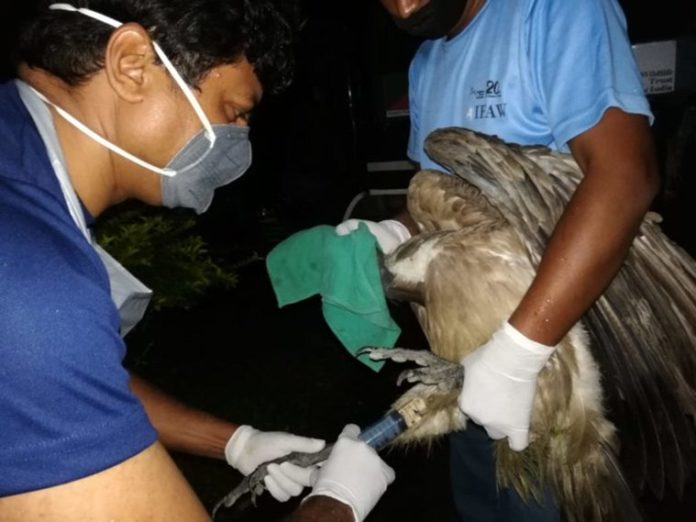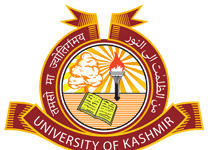New Delhi (NVI): Veterinarians from Wildlife Trust of India (WTI) in Assam have cured 11 vultures who were poisoned after eating a contaminated carcass and released them into the wild today.
These vultures were spotted at Dichagmukh area last week, suspected to have fed on a poisoned animal carcass on the banks of Brahmaputra of which 19 birds were already dead on April 21, WTI said.
Sharing a video of the birds being released today, WTI tweeted: “Our vet treated 11 #vultures rescued from feeding on a poisoned carcass in Sibsagar distt. and released them #BackToTheWild this morning. #MondayMotivation that keeps us going through #lockdown.”
Our vet treated 11 #vultures rescued from feeding on a poisoned carcass in Sibsagar distt. and released them #BackToTheWild this morning. #MondayMotivation that keeps us going through #lockdown. Read the story here https://t.co/rc39s7falo@vivek4wild @ifawglobal @deespeak pic.twitter.com/bnHOWlSTmf
— Wildlife Trust India (@wti_org_india) April 27, 2020
First responders from Assam Forest Department and wildlife workers from BNHS working in the vicinity reached the spot on the 22nd of April and shifted thirteen surviving vultures to the forest facility at Sibsagar, where they were kept under observation for 24 hours, WTI said.
The forest department decided to shift them to the WTI-IFAW- Assam Forest Department run Centre for Wildlife Rehabilitation and Conservation (CWRC) at Kaziranga the following day, it said.
Two of the thirteen surviving vultures brought to CWRC were critical condition and didn’t survive (one slender billed and one white backed vulture), WTI said.
Dr Samshul Ali, the WTI veterinarian observed: “Secondary poisoning led to vulture deaths and remains a very critical issue. We are losing these threatened and critically endangered species, also known as nature’s cleaners. We tried our level best to stabilise the two seriously ill birds, but they succumbed in the early hours today. Right now, eleven birds are under care. We are hopeful of their recovery.”
Cases of secondary vulture poisoning in Assam continue to occur periodically, WTI said, adding that their veterinarians have successfully treated and released vultures around the same time in previous years.








